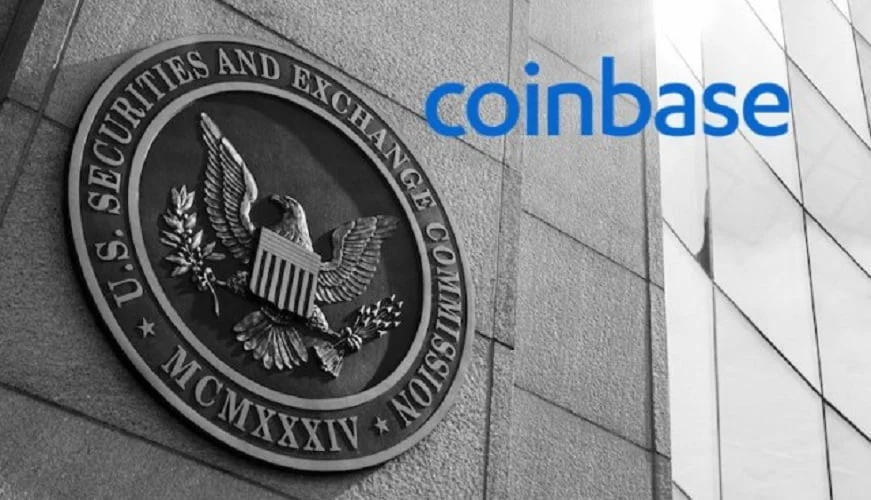A crypto-friendly legal analyst reveals how SEC Chairman Gary Gensler’s congressional appearance could weaken the commission’s case against Coinbase.

According to a legal analyst on Twitter with the pseudonym @MetaLawMan, If the Securities and Exchange Commission (SEC) decides to sue Coinbase in the U. S., it may lose.
In his statement to Congress on May 6, 2021, SEC Chairman Gary Gensler conceded that the agency lacks the authority to oversee cryptocurrency exchanges.
According to Gensler, only Congress can choose who regulates the crypto industry, and the SEC cannot impose its laws.
MetaLawMan argued that this admission could weaken the SEC’s case against Coinbase, which received a Wells Notice from the commission in March.
A Wells Notice is a warning that the SEC intends to pursue enforcement action against a corporation or individual.
Coinbase may use Gensler’s testimony as evidence
MetaLawMan suggested that Coinbase could use Gensler’s testimony as evidence to show that the SEC has no jurisdiction over its activities.
He said that Coinbase would likely scrutinize all the communications within the SEC leading up to Gensler’s testimony and find out if any staff members disagreed with his assertion.
He stated that the SEC staff vetted and verified Gensler’s testimony, making it hard for the SEC to claim crypto oversight.
SEC’s inconsistent actions on crypto exchanges
Despite Gensler’s testimony, the SEC has initiated multiple proceedings against U.S. crypto exchanges in recent years. For instance, Kraken was fined $32 million for staking services, which the SEC deemed securities.
It also sued Ripple for allegedly selling unregistered securities as XRP tokens.
Many crypto exchanges now need clarification on standards and products. Some U.S. exchanges have left or limited their offers to avoid regulatory scrutiny.
Coinbase sues SEC for ambiguity
Coinbase has taken a different approach and sued the SEC for failing to provide clear and consistent guidance for the crypto industry. The exchange sought SEC’s approval for Lend, a lending tool allowing users to earn interest on their crypto holdings.
However, instead of giving feedback or approval, the SEC threatened to sue Coinbase if it launched Lend without explaining why it considered it security. Coinbase argued that this was unjust, arbitrary, and a violation of its right to due process.
Additionally, Coinbase accused the SEC of creating a “regulatory vacuum” for crypto exchanges and favoring traditional financial institutions over innovative startups.
It petitioned that the court rule that- Lend is not a security and that the SEC has no authority over its operations.
